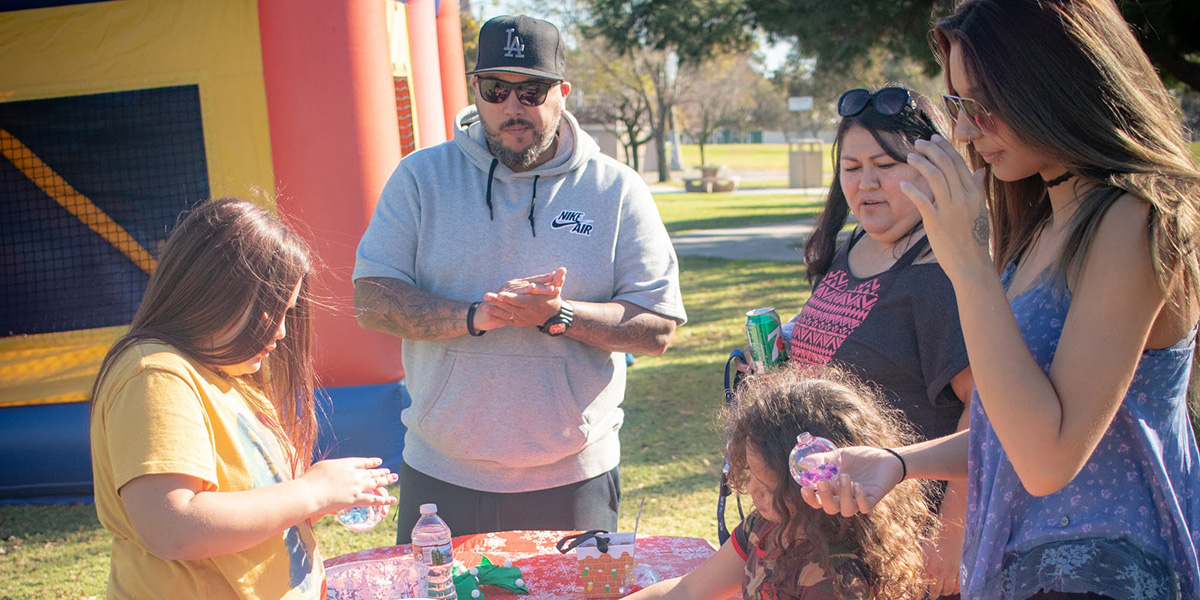More often than not people think the only person who suffers in addiction are the addicts themselves. In reality everyone involved suffers to some degree, especially the immediate family. One of the hardest realities to accept is when you find out a loved one is addicted to drugs and or alcohol. The main question is: How does one cope with this?
There is no easy answer to the question “how to cope.” Each family handles addiction differently. Some families may do their research and learn healthy coping skills while dealing with this crisis. While other families may stay in the denial phase and ignore the situation completely. There is no “perfect” way to deal with addiction in the family; this is not something we were trained on. Once it begins it usually happens fast and is unexpected. The best things to do are learn as much as you can about addiction, encourage the addict to seek treatment, and continue to take care of yourself. “Education can help families escape the blame game. Rather than believing that the person’s addiction stems from weakness, willfulness or stubbornness, it might be helpful to understand how it actually stems from changes within the brain.”
As mentioned earlier, the loved ones must take good care of themselves first. They compare this idea to the instructions given during air travel. Each passenger must first put on their oxygen mask before helping anyone else, whether it is their child or loved one. If the loved ones make themselves ill over the addiction, this will not help the addict in the long run. Here are some things to do to care for self: keep a healthy sleep schedule, schedule private therapy sessions, attend Al-anon or Ala-teen meetings, get regular exercise, stay in touch with things that bring you joy, and eat a healthy diet.
It is important to remember that family members of addicts should never blame themselves for this outcome. It can be easy to sit and ask “why did this happen to my loved one?” or “I don’t understand how this happened, we raised him/her so well.” Bottom line, it is not that simple. There are so many different factors that come in to play, like the environment the individual grew up in. A person’s environment includes many different influences, from family and friends to economic status and general quality of life. Factors such as peer pressure, physical and sexual abuse, early exposure to drugs, stress, and parental guidance can greatly affect a person’s likelihood of drug use. Another factor is biology, the genes a person is born with account for about half of a persons risk for addiction. Gender, ethnicity, and the presence of other mental disorders may also influence risk for drug use and addiction. At last, development is another factor that comes into play. Genetic and environmental factors interact with critical developmental stages in an individual’s life to affect addiction risk. Taking drugs at any age can lad to addiction, the earlier that drug use begins, the more likely it will turn into addiction. This is more of a problem for teenagers because their brain is still developing.
Statistic show nearly half of Americans have a family member or close friend who’s been addicted to drugs or alcohol. If you are dealing with this problem just remember you are not alone, and there is support if you need it. There are Al-anon or Ala-teen meetings. Al-anon is for adults coping with a spouse, child, friend, or family member with an addiction and Ala-teen is for young people whose lives have been affected by someone else’s drug use. They are both apart of Alcoholics Anonymous and cost no money to attend. The goal of these meetings is to provide help for families of addicts. They also provide a safe, nonjudgmental space, where family members can learn, discuss, and cope with addiction. It is important to connect with understanding peers who may be going through similar situations.
In closing, always remember to never give up or lose hope. This will be a difficult road ahead, and there may be many setbacks. Try your best to encourage, support, love, and motivate your loved one at all times. “A relapse can be especially disheartening. In these moments, it can be helpful to remember that relapse does not mean failure for your loved one or for you. Addiction is a chronic disease, making relapse a normal part of recovery. While steps can be taken to help prevent a relapse, recovery is a lifelong journey of ups and downs, not a single event”.
Works Cited
https://www.therecoveryvillage.com/family-friend-portal/tips-help-cope/
https://www.pewresearch.org/fact-tank/2017/10/26/nearly-half-of-americans-have-a-family-member-or-close-friend-whos-been-addicted-to-drugs/

